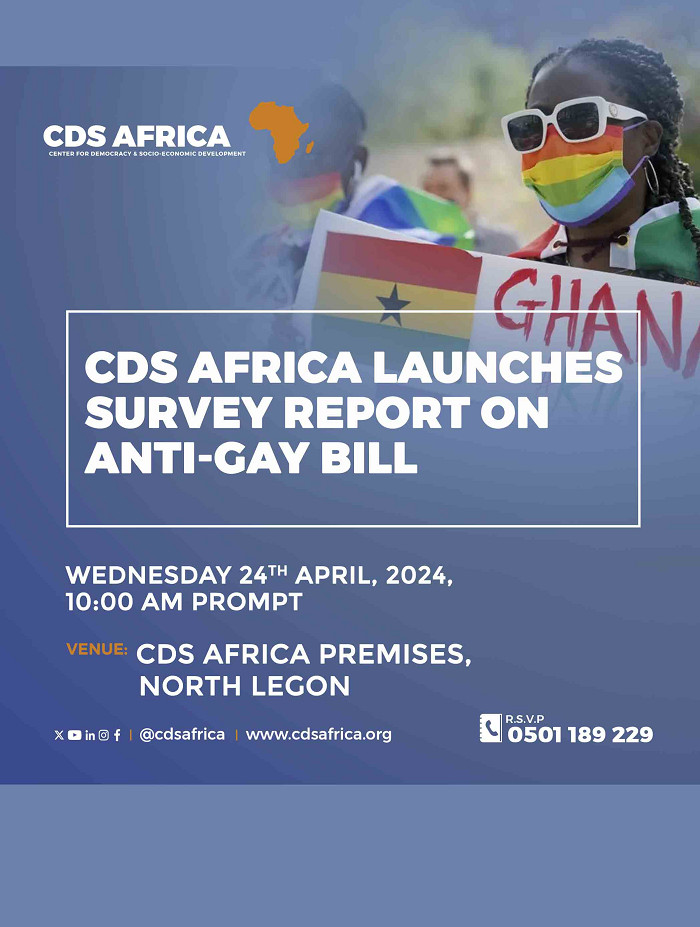Introduction:
Natural resources are finite and non-renewable. The sustainable management of natural resources has become an important global concern due to increasing population pressure, economic development, and climate change. The Short Course on Natural Resources Management and Development will provide participants with a comprehensive understanding of the principles, practices, and policies related to natural resources management. The course will enable participants to analyse natural resources management challenges and opportunities and develop strategies for sustainable natural resources management. The course will also provide opportunities for participants to network with other professionals and practitioners working in the natural resources sector and exchange ideas and experiences.
Objectives:
The objectives of the course are to:
- Introduce participants to the concept of natural resources and their importance in human society.
- Discuss the principles and practices of natural resources management, including conservation, preservation, restoration, and sustainable use.
- Identify the major natural resources such as minerals, and discuss their management challenges and opportunities.
- Analyse the role of policies, laws, and institutions in natural resources management, including the governance of common pool resources.
- Provide practical examples of successful natural resources management initiatives from different parts of the world.
- Equip participants with practical policies for managing natural resource revenues.
- Facilitate discussion and exchange of ideas among participants to enhance their understanding of natural resources management challenges and opportunities.
Course content:
The course will cover the following topics:
- Natural resources and development.
- The political economy of the natural resource curse.
- Natural resources and economic growth and development
- Natural resources management challenges and opportunities.
- Natural resources and conflict.
- Policies for managing natural resource revenues.
Methodology:
The course will be delivered through a combination of lectures, case studies, group discussions, and field visits. The lectures will be delivered by subject matter experts from academia, government, and civil society organizations. Case studies will be used to provide practical examples of natural resources management initiatives from different parts of the world. The group discussions will enable participants to exchange ideas and experiences and enhance their understanding of the course topics. The field visits will provide opportunities for participants to observe natural resources management practices in action and interact with local stakeholders.
Duration and Venue:
The course will be a one-week program, conducted at a suitable venue with appropriate facilities for lectures, group discussions, and field visits. The venue should be easily accessible and provide opportunities for participants to interact with local communities and stakeholders.
Target audience:
The course is designed for professionals and practitioners working in the natural resources sector, including government officials, policymakers, researchers, civil society organizations, and private sector representatives. The course is also suitable for graduate students and researchers who want to enhance their knowledge and skills in natural resources management.
Facilitator: Dr Frank Bannor




